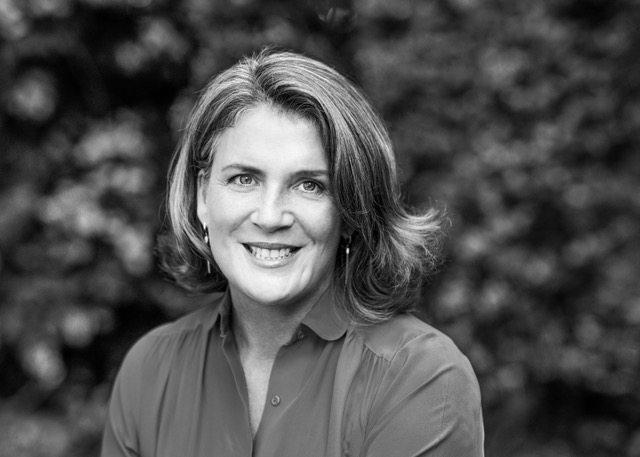
Next up in our series of translators’ tips from the wealth of German books in 2023 is the translator and literary scout Alex Roesch.
German literature in 2023 has proven to be a year dominated by the distinct voices of talented women. My top picks offer up a trio of perspectives on life, identity and resilience written by women, and a fourth rather unusual title for good measure by a male author.

First up is Maike Wetzel’s Schwebende Brücken (Schöffling), a story that captivated me from the first page and stuck with me as the most poignant read of the year. The story, set in contemporary Berlin, unfolds during a family outing to a local lake that takes a tragic turn, leaving a grieving woman alone with two children. Wetzel’s writing skillfully captures the rollercoaster of emotions that life throws at us, with death lingering in the background. Her prose is a masterclass in revealing the extraordinary in the everyday, making it a deep dive into beauty, love and resilience. A beautifully crafted read.

Next on the list is Deborah Feldman’s Judenfetisch (PRH), a memoir from the New York-born author renowned for her autobiographical work, Unorthodox, which has been adapted into a popular Netflix series. This latest memoir extends Feldman’s introspective journey, tracing her evolution from a rigid religious Chassidic community in Williamsburg to a renewed connection with Judaism in the vibrant landscape of Berlin. Navigating the complex terrain of Jewish identity in Germany, the memoir explores profound themes of authenticity, power dynamics, and the pervasive influence of societal perceptions on individuals and communities, always accompanied by the author’s distinct voice. The narrative offers keen insights into the challenges Jews face in Germany, unravelling intricate nuances that shape their experience. Feldman’s critical view of financial support to Jewish communities in Germany peels back nuanced layers, questioning its impact on authentic community development. ‘Judenfetisch’ isn’t just a personal narrative; it’s a no-nonsense exploration of modern identity and belief systems.

My third choice is a historical fiction novel set in the landscape of Theodor Storm’s Schimmelreiter in North Germany. This one is perfectly aligned with the current season with its themes of witchcraft, storm surges and the formidable power of nature. Jarka Kubsova’s Marschlande (Fischer Verlag) tells the intertwined stories of two women – Abelke Bleken in 1580 and modern-day geographer Britta Stoever. Set against the backdrop of the Hamburg marshlands, the novel weaves the tapestry of these women’s lives, reflecting on the evolution of feminism and persistent challenges across centuries. Abelke, who manages a farm on her own in the 1580s, stands as a symbol of resilience; this is mirrored by Britta’s contemporary struggles as she leaves her career for domestic life in the same marshlands and faces challenges that resonate with the struggles of her historical counterpart. Marschlande is a fascinating exploration of history, nature and female empowerment, which also touches upon some deep emotions.

A final rather unusual recommendation is the astonishing, comic and unparalleled novel Der Vorweiner (Ullstein) by Bov Bjerg, which depicts life in the remnants of Europe in the late 21st century. This is a bold, unconventional novel that makes a riveting read. The world we once knew has ceased to exist, leaving behind parts of Europe shielded by a colossal concrete barrier. Resettlement camps house migrants from all corners of the globe, strictly prohibited from entering the continent unless selected. The story revolves around two main characters, A for Anna and B for Berta, a mother-daughter duo. It all begins with A for Anna’s decision to hire a ‘Crier,’ a professional mourner who will lament her death. In a society where tears have become a lost art, people employ migrant workers to live with them and assume the role of mourners, as shedding tears is considered prestigious and carries social status.
This novel really is an extraordinary and intriguing piece of literature. The dystopian backdrop, characterised by extreme climate conditions and a soulless society, is juxtaposed with a darkly humorous depiction of events, offering a refreshing break from the current overly sensitive cultural climate. Der Vorweiner is a captivating read that shocks and delights in equal measure.